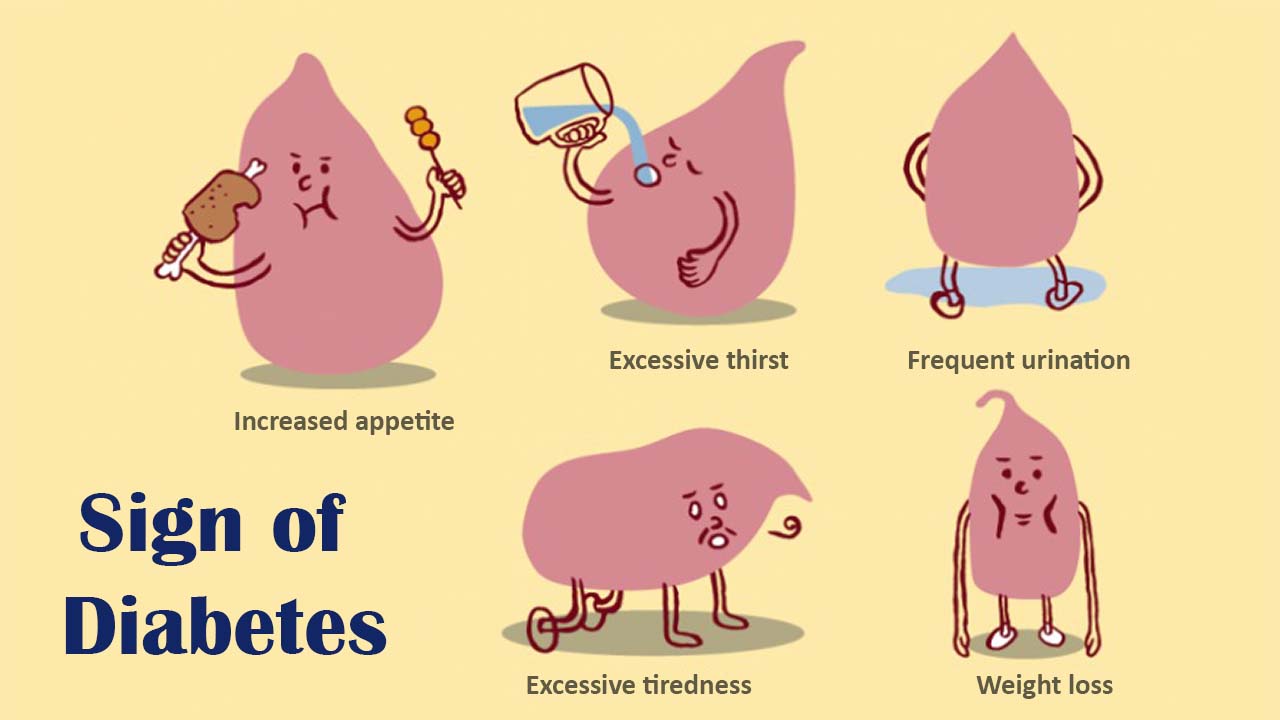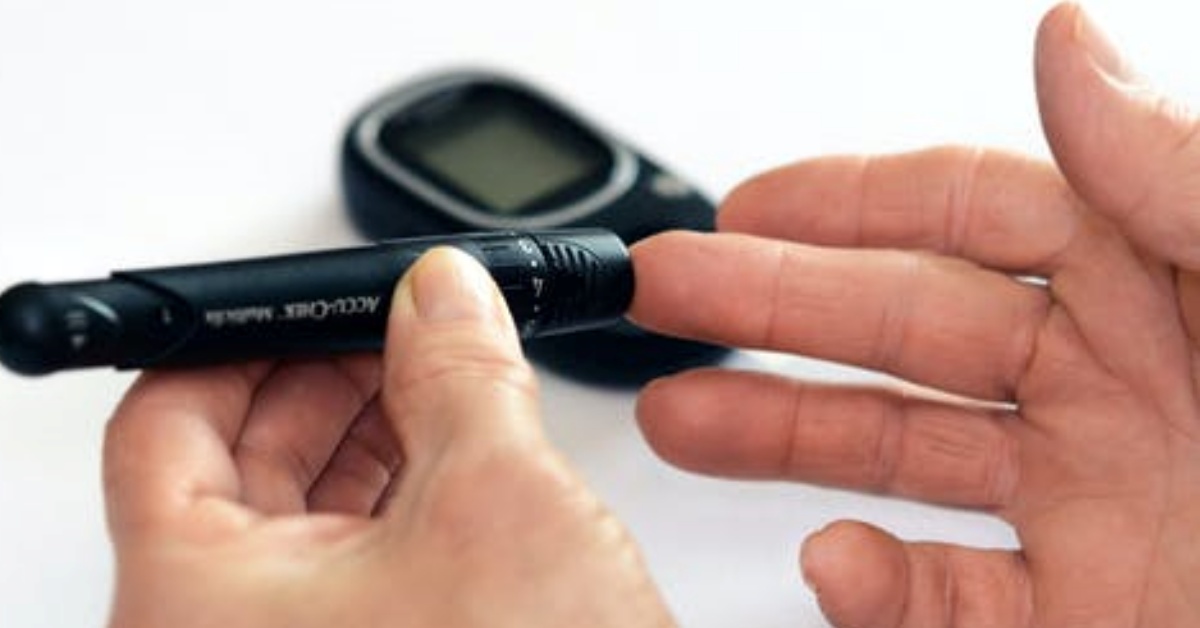Find Out If You are Diabetic: the Typical Symptoms of the Disease
Autoimmune diseases can sometimes develop slowly and be diagnosed at a later stage. However, recognizing the typical symptoms can speed up the diagnostic process and lead to earlier treatment, improving your well-being. Find out if you have diabetes through our indications.

Read Carefully to Determine if you Have Diabetes.
Our body is remarkable in sending signals when something is wrong. When the body is under too much stress, it sends us warning signals, urging us to slow down and take action to address the stressors. If the liver is working too hard, specific signals, such as itching, tell us to “stop” and prompt us to investigate our state of health.
You’re absolutely right. Identifying the root cause of a health issue can be challenging, especially since many symptoms are common in various pathologies. However, a basic understanding of the most common and distinctive symptoms can help us arrive at an answer.
This is also how it works in the case of diabetes. Find out if you have diabetes by paying attention to the list below, which outlines the typical symptoms that arise when the pancreas is not functioning correctly and the absorption of sugars is disrupted:
- Frequent urination
- Blurred vision
- Increased appetite and weight loss
- Excessive tiredness
- Excessive thirst
- Slow-healing wounds

Suppose you have noticed that one or more of these situations have occurred repeatedly. You must inform your doctor and undergo the appropriate investigations in that case.
How do you Determine if You Consume Too Much Sugar?
Specific tests are necessary to assess if your diet contains excessive sugar and if your blood sugar levels are high. Here are some standard tests:
- Glycated hemoglobin
- Glucose tolerance test
- Fasting blood sugar test

Through these investigations, your doctor can determine if you have diabetes or are dealing with other conditions affecting sugar absorption. It’s essential to be aware that certain medications, such as cortisone, can impact blood sugar levels.
How Many Types of Diabetes are There?
Science currently distinguishes between types of diabetes:
- Insulin-dependent or type 1 diabetes
- Type 2 diabetes
- Gestational diabetes
- MODY or monogenic diabetes
- Secondary diabetes
Endocrinologists and diabetologists are specialists in diagnosing, managing, and treating this condition.





